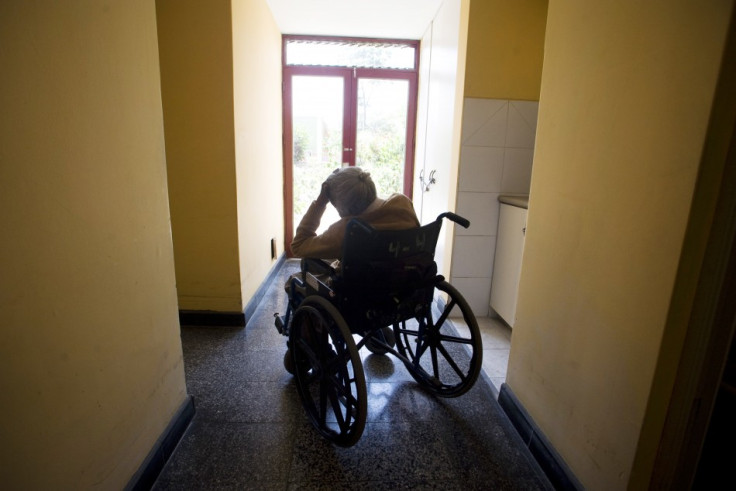Deterioration of Cognitive Function Could Start at 45

A person's capacity for memory, reasoning and comprehension can start to deteriorate from as early as the age 45, a study claims.
Research published in the British Medical Journal (BMJ) appears to show mental abilities declining earlier than 60, as suggested by previous research.
The study, led by Dr Archana Singh-Manoux from the Centre for Research in Epidemiology and Population Health in France and University College London carried out tests on more than 5,000 male and 2,000 female civil servants three times over a decade.
Participants had their memory, vocabulary and aural and visual skills tested. A 3.6 percent decline was found in men aged 45-49 and a 9.6 percent decline in those aged 65-70. Women experienced a 3.6 percent decline from the ages 45-49 and a 7.4 percent decline from 65-70.
"Poor cognitive status is perhaps the single most disabling condition in old age," the report states.
The authors believe the results might understate the rate of decline, as repeated testing could affect the outcome.
"Our finding of declines in even the youngest age group (45-49) is all the more compelling because it is presumably a lower bound estimate," the report adds.
"Life expectancy continues to increase and understanding cognitive ageing will be one of the challenges of this century."
The study concludes that "determining the age window" at which intervention can be taken to reduce the rate of cognitive decline is a "crucial" next step.
The research team believes the most important ramifications of the study is evidence of a stronger link between good health and cognitive ability.
Targeting patients who are at a high risk of heart disease can also safeguard them from dementia, as "what is good for our hearts is also good for our heads", Dr Singh-Manoux said.
© Copyright IBTimes 2025. All rights reserved.



















